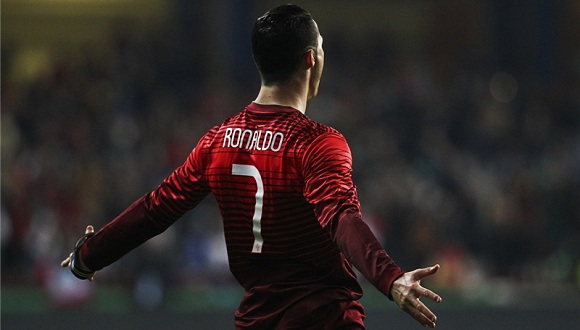The UEFA EURO 2016 fever has dramatically driven China’s state TV channel CCTV in viewership this summer since France and Romania kicked off the opening game. No wonder CCTV has been boasting about the “magic” of attracting a Chinese audience of tens of millions staying up till early morning for its live coverage of the tournament.
Back in 2012, EURO 2012 was sub-licensed to several internet streamers by CCTV, which guaranteed CCTV considerable revenues from both advertisements and rights distribution. More importantly, Chinese supporters, at that time, had more options for the live games of the last European Championship. However, EURO 2016, together with the upcoming 2018 FIFA World Cup, are now exclusive to CCTV.
As EURO 2016 enters the knockout stages, everyone believes there is more success for China’s national TV on the way. It may puzzle some that the recently emerged streaming sites, including the likes of Le Sports and Tencent Sports, are not eligible to make an approach for the EURO 2016 directly due to CCTV’s exclusive media rights to the tournament in mainland China.
It is understandable that CCTV, as a free-to-air state TV station, opted to exclusively air one of the world’s biggest soccer tournaments as part of attempts to secure its position considering the above streaming sites have grown into serious competitors in sports rights.
In the internet era, many fans are concerned about the digital services that CCTV has been providing down the years although the quality of its TV coverage has been convincing for decades. Despite the launch of a bespoke mobile APP in the name of CCTV5 during EURO 2016, it is not uncommon to spot Chinese netizen’s complaints about the channel’s buffering during games from time to time. Besides, CCTV is struggling to match the growing need of the audience in online community and social engagement with the development of mobile internet and social media.
Thanks to the new governmental policy, in future CCTV won’t be guaranteed to be the exclusive bidder for the media rights to major sports events, such as the Olympic Games, FIFA World Cup or the EUROS. It means the TV station will certainly be joined by a group of companies and streaming sites for EURO 2020. In the cases of the CSL and La Liga, the likes of Ti’ao Power and PPTV have gradually caught up with CCTV in the rapidly changing landscape of Chinese sports broadcasting. Clearly CCTV, as the leading traditional TV platform in China, is facing more serious competition from streaming sites than ever before.
Anyway, CCTV is seemingly enjoying the exclusivity of the EURO 2016 campaign as the quarter-final of EURO 2016 between Portugal and Poland is set to kick off tonight.
Without the rights to deliver live coverage, the streaming sites will once again, as an alternative, produce related video programmes featuring a list of special guests. Undoubtedly CCTV is close to winning the battle of EURO 2016 against its competitors, but how about next tournament?
Proofread by Sean O Diobhilin
